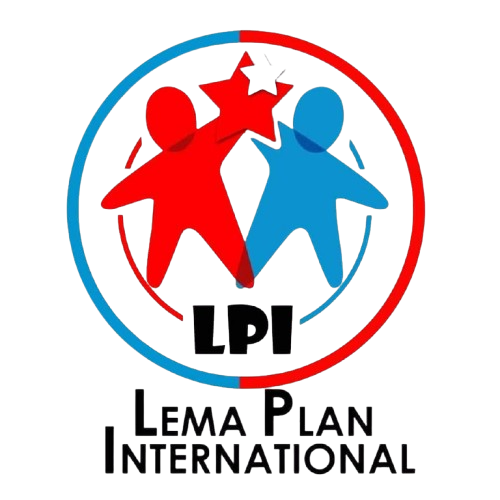Smart Giving: A Win-Win for Donors, Communities, and Children
When you donate to a child or a woman, you’re not just helping them—you’re strengthening families, schools, local businesses, communities, and entire districts. Your generosity creates a ripple effect that, when multiplied, transforms societies, economies, and futures. Every act of giving has the power to ignite a chain reaction of hope, opportunity, and lasting change.
But for these ripples to become meaningful impact, giving must be done wisely, legally, and respectfully. In countries like Togo, Nigeria, and Tanzania, even a small donation requires careful planning, proper authorization, and coordination with local authorities. Without structure, goodwill can be wasted, misdirected, or even harmful.
Turning Goodwill into Real Impact
Donations provide books for schools, classroom equipment, teacher training, and hope for children dreaming of a better future. Yet even a simple act of giving often involves multiple steps: authorization from the Ministry of Education, clearance from local authorities, and approval from school administrations.
While this process can be time-consuming, it ensures that donations are legitimate and effective. NGOs that navigate these steps gain credibility, build partnerships, and maximize impact.
The Risks of Unregulated Giving
Some donors, frustrated by bureaucracy or mistrust, may bypass NGOs and donate directly. While intentions are noble, this approach carries risks:
- Legal violations if donations are unauthorized
- Loss of accountability, leaving aid uncertain
- Disruption of local systems, undermining school budgets or programs
- Personal risk, including scams or reputational issues
Good intentions alone are not enough. Professionalism and accountability are essential to ensure every contribution benefits those who need it most.

Compassion Requires Structure
Supporting a child or education does more than help one individual—it strengthens local economies, teachers, and community programs. Bypassing local structures can unintentionally weaken these systems, disrupt coordination, and reduce transparency.
Think of it like a zoo: visitors aren’t allowed to feed animals without guidance because even kindness can cause harm if done without structure. When human lives are involved, the responsibility is even greater.
Building Trust and Sustainability
Trust grows slowly but is essential. NGOs must maintain transparent financial reporting, keep authorization documents accessible, communicate openly about challenges, and train staff in ethics and child protection. These steps ensure that giving is safe, ethical, and effective.
Our Evolution
For the past seven years, we have operated as a volunteer-led organization in Switzerland. Moving forward, we are committed to full compliance: declaring all earnings, accounting for staff workload, and paying taxes. We are also applying for recognition as an NGO of public utility, allowing donors—individuals and businesses—to receive official justification for contributions starting in 2026.

Why Swiss Companies Should Partner with Lema Plan International (LPI)
Swiss companies, whether Société, Sàrl, or SA, should consider supporting Lema Plan International because we are a highly recognized organization operating with full adherence to protocols and professional standards. Our approach ensures that every contribution is handled with accountability, transparency, and strategic impact.
Unlike traditional volunteers whose primary work may be elsewhere and whose availability is limited, LPI is committed to long-term, professional humanitarian work. We understand that meaningful projects require consistent effort over time, not just temporary involvement. Our team is prepared to work diligently to meet international standards of quality, effectiveness, and responsiveness.
By partnering with us, companies are not simply giving; they are aligning themselves with a professional organization that highlights the value and impact of their support. Through our initiatives, we sensitize communities to the importance of education, while showcasing our partners’ contributions in a professional, highly visible way. For example:
- Our events feature double logos on T-shirts and banners, ensuring maximum visibility.
- Our communications and campaigns highlight each partner’s role, enhancing recognition and credibility.
- This professional approach also positions partners strategically, attracting attention and engagement within the humanitarian sector.
We are committed to excellence, competition, and visibility. Our goal is to become a benchmark in the field, demonstrating that professional management and sustained effort amplify the impact of every donation. Partnering with LPI is not just a contribution; it is an investment in high-quality humanitarian work, public recognition, and long-term impact.
Conclusion
Supporting Lema Plan International is not just about giving—it is about leaving a lasting legacy. Reputable community leaders and organizations have the opportunity to contribute to a cause that grows steadily in impact and recognition. As LPI strengthens its work and expands its reach, the visibility and credibility of its partners naturally increase as well.
By joining us, leaders ensure that their commitment to education, humanitarian work, and community development is acknowledged and remembered, while helping build sustainable solutions for children in need. Together, we can create lasting change that reflects both shared values and collective progress.
